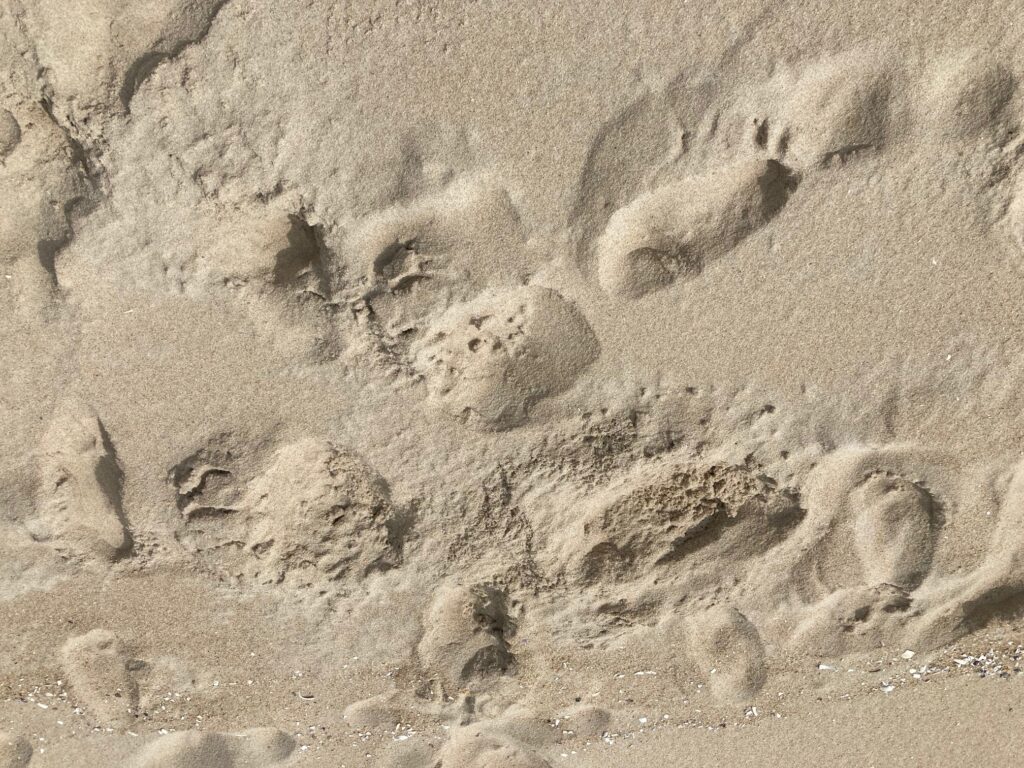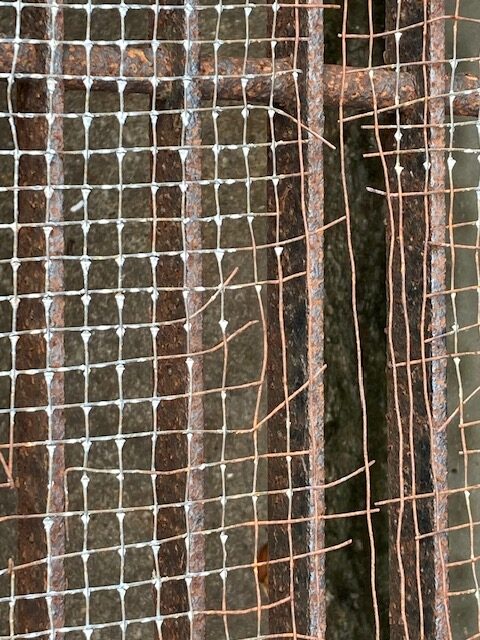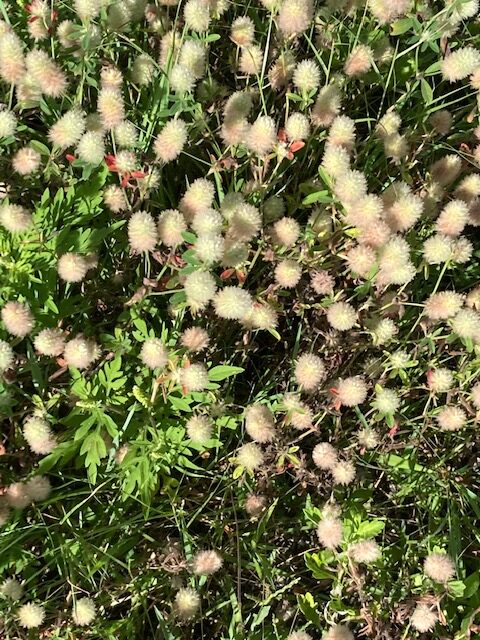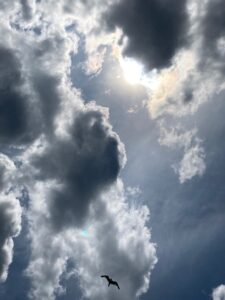
Twenty years ago I was asked to write an essay on my experience of 9/ll, which was published in Echoes #55, January 2002. All these years later I am still the only person I know to have not seen any footage of the towers coming down. A few hours ago, a friend said that I can’t really know what it was like since I never “watched” it. I point out that for most of our time on the planet we’ve marked our history without a movie of it. And we remember and note and value. We are shaped by our experiences, personal and communal and universal.
I am now a minority. I’m certain of that, having not yet spoken to one other person who hasn’t seen the World Trade Center towers blow up at least once, if not a hundred times. I’m not saying I’m the only one. I’m just the only one I know who has not seen any of the horrific footage of fire and disintegration, of lower Manhattan consumed in a cloud of gray debris against a sparkling September sky, of people caught in the tide of trying to breathe when the grief and fear threaten to close their throats.
The few visuals I have are still photographs. And for me, it is enough. I am grateful that what I see is made from the images my mind creates from conversations with people who have been there, people who are now there, from conversations with those in my world who are watching the television accounts, and from the newspaper. My principal sources are National Public Radio and my oldest son.

What I see is something other-wordly, with blurred edges, and colors muddied by emotions. Like good art, what I have in my head provides an opening through which to not only enter but also to process other worlds, to see more clearly the deeper story we find so difficult to articulate.
What I hear is that aching cello that NPR played over and over and over again. Before the names of the dead: Berthea Perkins, Sonya Morales, Don Lee. After the names of the dead: Ruben Ornado, Chris Newton, Karen Kincaid.
I stand in my kitchen pouring boiling water over a tea bag filled with peppermint leaves. I stop in my car at the light on State Street watching the ravens swoop onto a granite window ledge, as they always do. I stare into the small, common, rectangular mirror in my bathroom brushing my teeth, as I always do. But nothing is as it always is.
I hear John Updike’s poem “The Angels” read by Scott Simon on NPR, only snatches of which I can remember now: “Brahms and Beethoven…Matisse and Cezanne…springing like flowers from postcards…edges of color…burning in memory like leaky furnace doors.” And I am thinking, something about “comfort with terror our mortal afternoons.”

The collage, the music, the poem all give me space in which to breathe, space in which to begin to process the unbearable loss that I—we—must learn to bear.
I may not have all the statistics, but I know, somewhere in the music and the words and the canvas of these days, I have the tools with which to carry the vision of one of my son’s friends trapped in one of the towers, her face pressed against the glass looking for the light as she always did, and another friend closed in his bedroom, unable to open the door since he returned from that September morning, just before a job interview in the Twin Towers, when he watched people’s arms, their hands, their legs break apart on the sidewalks just a breath beyond his own.
//////////////////////////////////////////////////////////

Discover more from Annaliese Jakimides
Subscribe to get the latest posts sent to your email.